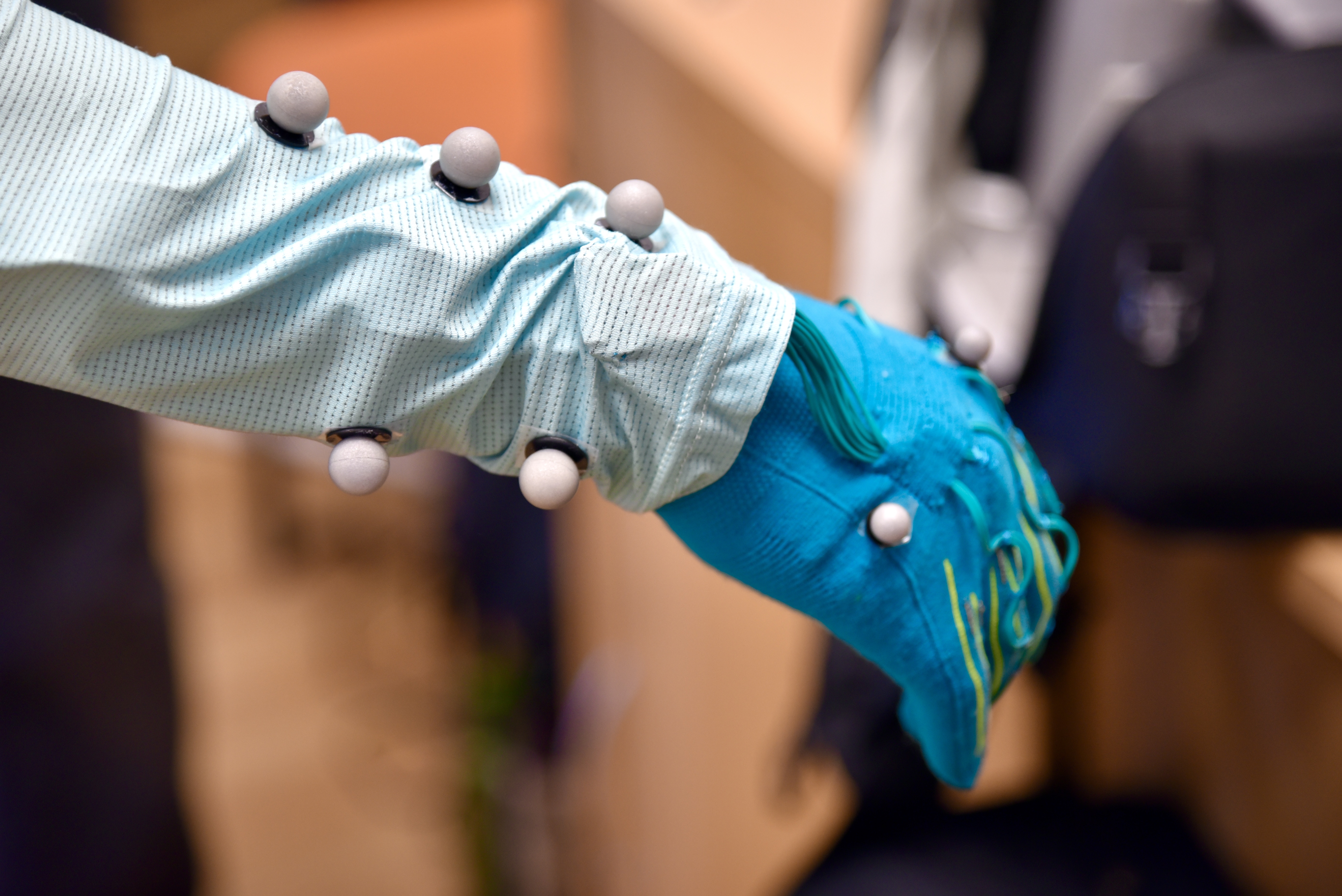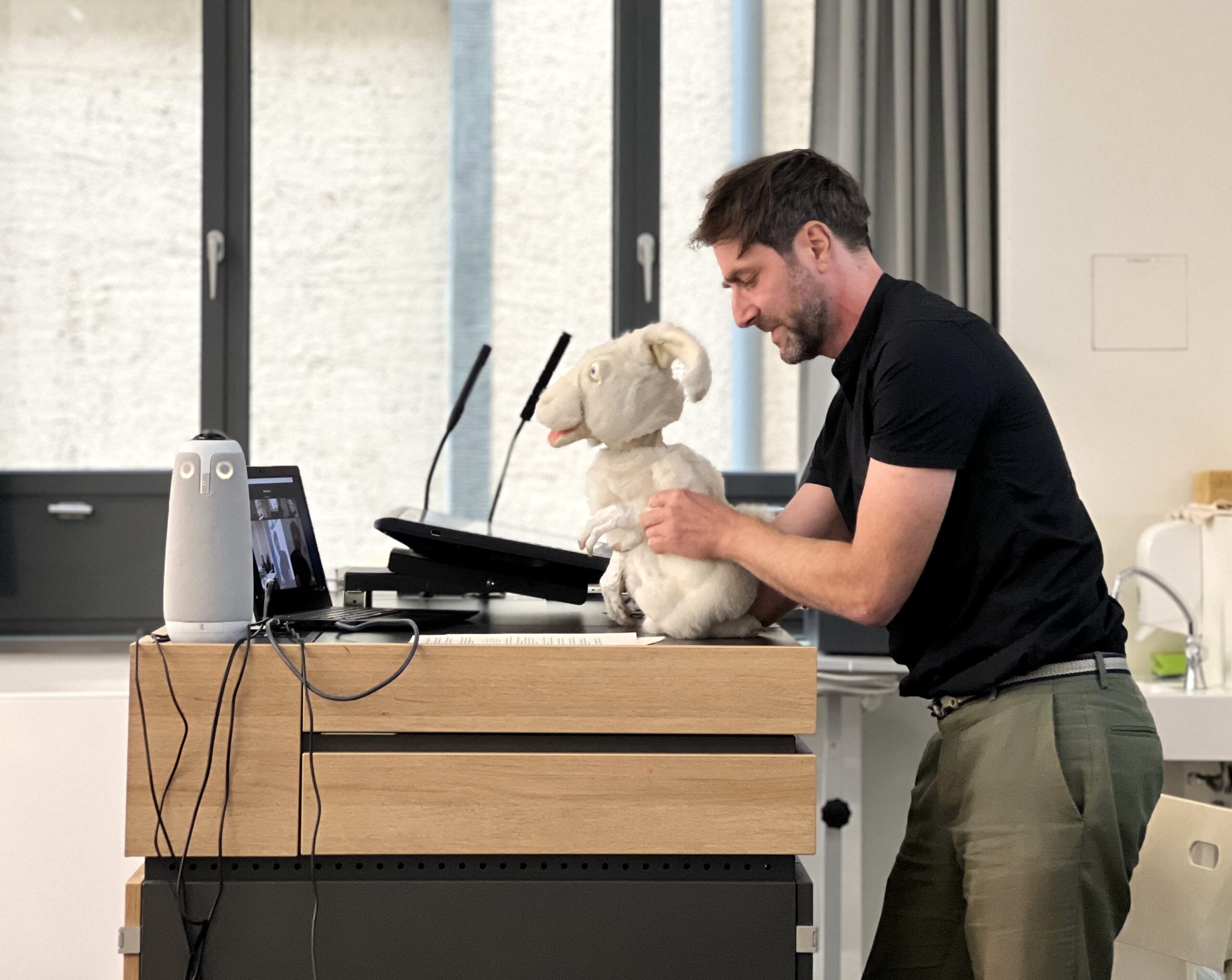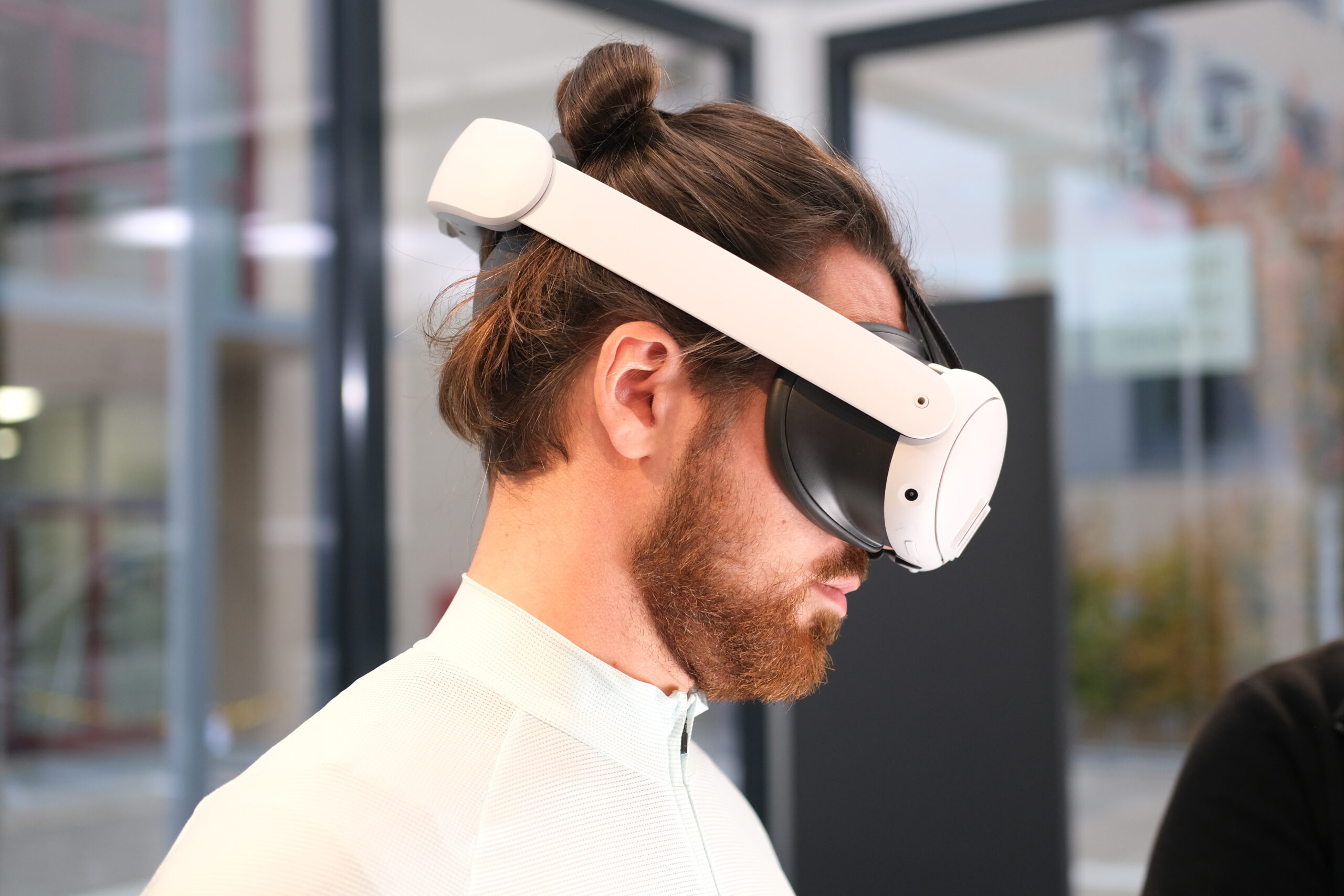Our researcher, Pit Hofmann, has joined our ‘ReachOut’ exchange program.
The program aims to introduce CeTI employees to other research institutes, universities, and companies working in areas relevant to CeTI.
Dear Pit, can you tell us about your experience?
I had the opportunity to spend three months in Melbourne, Australia, with a company called Cortical Labs. Cortical Labs started as a startup a few years ago. It works mainly on research projects with collaborations with the University of Melbourne and Monash University. However, Cortical Labs will try to bring its biological computing unit into the market in the next few years. Dr. Brett Kagan, the chief scientific officer, had already visited TU Dresden in 2023 to give a talk on brain cells as biocomputers, showing that they can learn to play the arcade game Pong.
Cortical Labs grows neurons in vivo from stem cells from monkeys, mice, and humans, which ultimately form a physical neural network. The neurons are then specifically stimulated with a multi-electrode array to teach the neurons a task, i.e., to develop synthetic biological intelligence. Therefore, the researchers at Cortical Labs use the free energy principle, i.e., exploit that the neurons try to reduce surprise or uncertainty. The neurons are rewarded or punished for a predefined reaction to the input. The reward is provided by a constant, predictable stimulus, and the punishment by random stimulation.
During my exchange, I worked on balancing an inverted pendulum, one of the standard tasks in control engineering. The physical neural network was to be used for balancing; synthetic biological intelligence would control the pendulum. The first attempts to balance a virtual, simplified version of the inverted pendulum were very promising. As the collaboration most likely continues after the exchange, future research will focus on extending the initial measurements.
Since CeTI’s vision is to enable people to interact with cyber-physical systems in the real or virtual world via intelligent communication networks and systems in near real-time, energy-efficient and biocompatible computing is indispensable today and in the future. I am looking forward to applying my gained knowledge to CeTI’s further research roadmap, which will enhance computing for human-machine cohabitation.
During my stay at Cortical Labs, I gained much experience for future research, met interdisciplinary researchers, and set up the basis for possible future collaborations. The exchange was worthwhile, and I am grateful for the support of CeTI and the Graduate Academy of the TU Dresden, without which this exchange would not have been possible.
What was the highlight of your research during your exchange?
I want to emphasize the warm welcome at Cortical Labs and the experiences I gained as a highlight of my exchange. Seeing physical neural networks grow under a microscope and using them to develop synthetic biological intelligence is an exciting field of research.
Why would you recommend this exchange program?
The exchange program offers a fantastic opportunity to connect with other researchers worldwide and to expand the own research network. By working in a company or university abroad, you will gain firsthand experience in different research environments, exposing you to new methodologies, technologies, and perspectives that can enhance your expertise. Furthermore, as in my case, you can access non-publically available products or prototypes. As part of the exchange, I also worked with biologists, software developers, neuroscientists, data scientists, electrical engineers, etc., and learned to appreciate interdisciplinarity. Additionally, it provides a valuable opportunity to develop cross-cultural communication skills, adaptability, and a global outlook, which are essential in today’s interconnected research.






